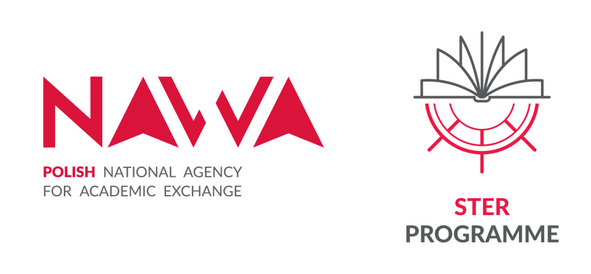Research in this field focuses on two aspects:
1) Radio Communication Systems and Networks comprising:
- development trends of modern radio communication systems and networks, including 2G–5G, as well as next generation systems and networks, new radio interfaces and radio resource management;
- Software Defined Radio (SDR) in various applications, especially adaptive modulation and coding;
- cognitive radio, in particular the development of effective methods for radio resource management;
- radiolocation and radionavigation (ubiquitous positioning);
- radio wave propagation and radio communication antennas, including MIMO technology;
- radio channel modelling for typical and non-typical propagation environments and scenarios;
- electromagnetic compatibility in radio communications;
- designing of radio communication networks;
- applications of the artificial intelligence (AI) methods, in particular the deep learning (DL) in radio communication;
- vehicle-to-vehicle (V2V) and vehicle-to-infrastructure (V2I) radio communication systems;
- radio communication systems and devices for special applications increasing homeland security.
2) Communication Architectures and Protocols
Research in this field focuses on the Next Generation Networks (NGN), their architectures, interworking of their nodes and the processing of the transmitted signals. The research on NGN concentrates on network architectures and nodes to assure the quality of service and performance parameters. The works are focused on different network technologies, including, but not limited to 5G, IMS/NGN, GMPLS, OTN, EON, SDN and NFV. In the transport layer, the analysis and synthesis are related to the control over packet streams of different requirements for quality. These streams originate from various traffic sources, including those classified as IoT. Research works incorporate virtualization of network functions. Concerning the control layer, it is essential to focus on the performance parameters determined by the service cases, the virtualization mentioned above, and on the cloud-based network control servers.
Apart from the NGN architecture, the research also includes problems related to the security aspects including encryption, steganalysis, steganography and watermarking. Another research area is signal processing for NGN, including telecommunication applications of Deep Neural Networks (DNN) as well as signal processing of telecommunications signals focusing among other things on digital modulators and modulated signals analysis.
Finally, an important objective investigated in detail refers to the resilience of communication networks and systems defined as their ability to maintain services also in the scenarios of failures (failures of single network nodes/links as well as after multiple (massive) failures) being either unintentional (e.g., driven by the forces of nature) or intentional (malicious human activities) aimed at degrading the network performance.
The research in the field of radio communication systems and networks is realised within the R&D projects financed by the NCBiR as well as by European Union. The research is of both theoretical and practical nature and is carried out with the use of advanced research equipment.
Keywords: Next Generation Networks, radio communication, radiolocation, radionavigation, Quality of Service, radio wave propagation, radio channel modelling, Software Defined Radio, modulation and coding, radio signal transmission and reception


